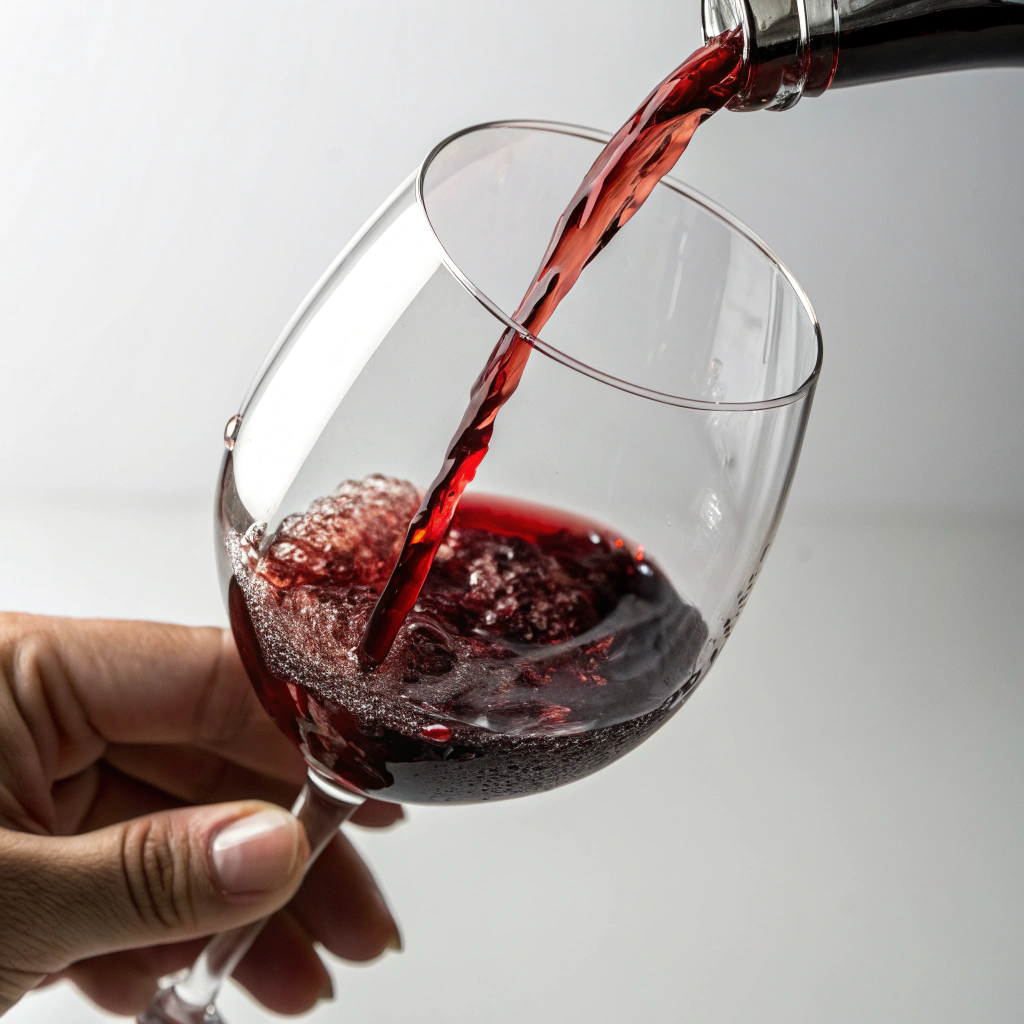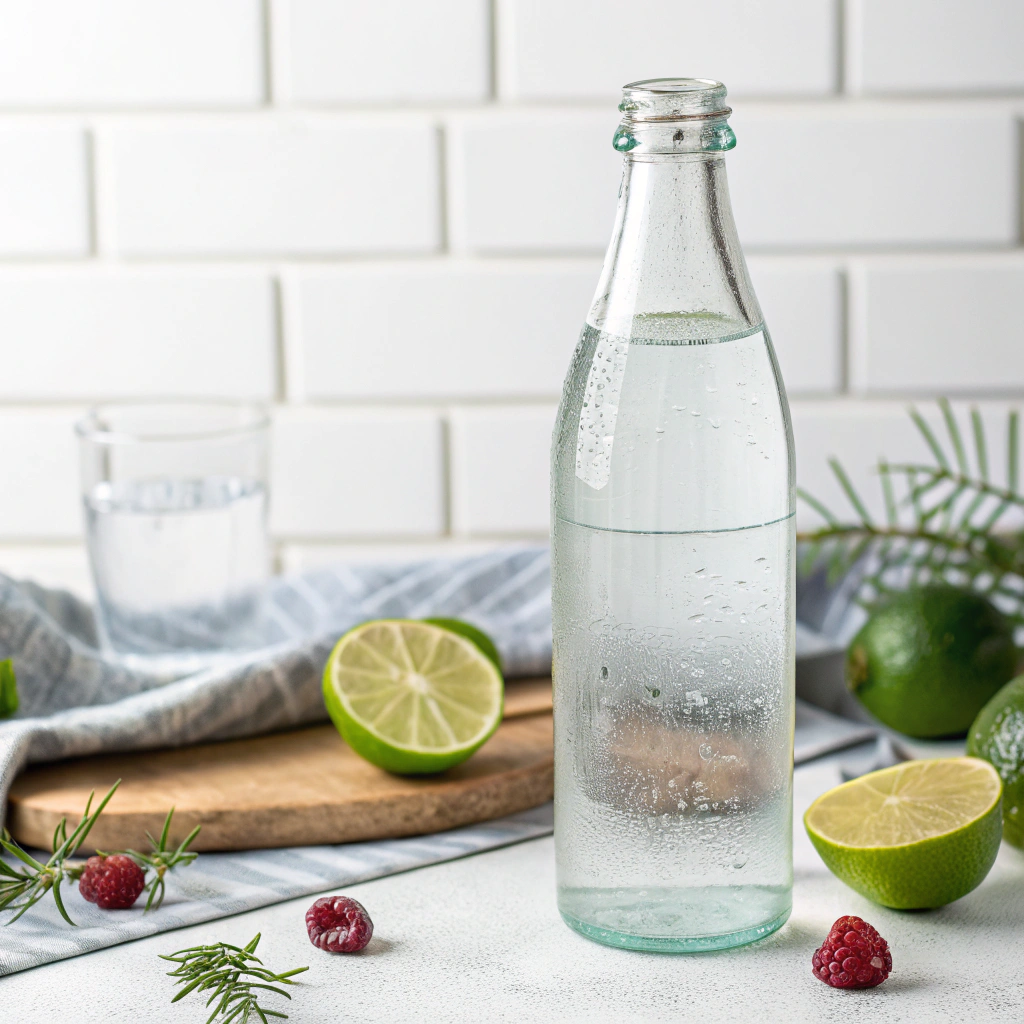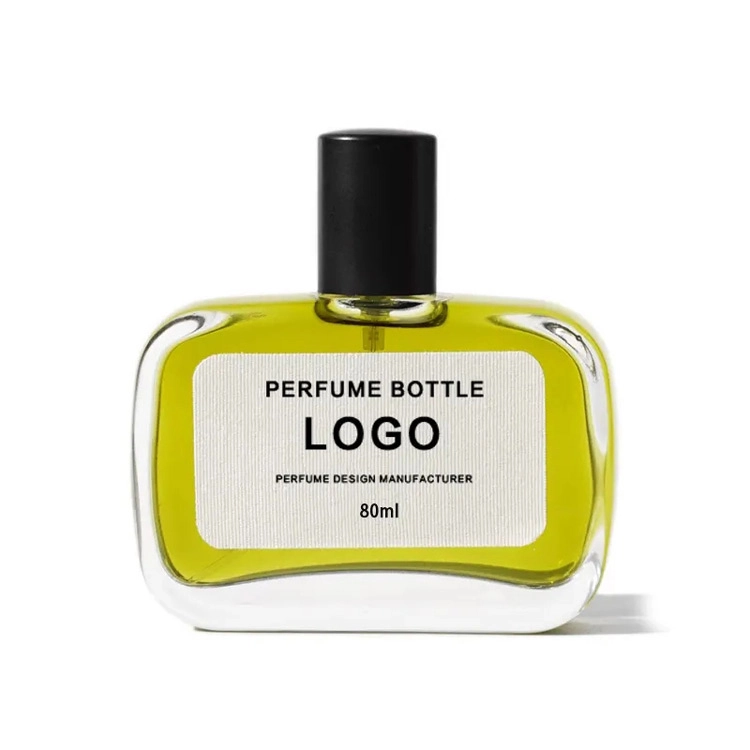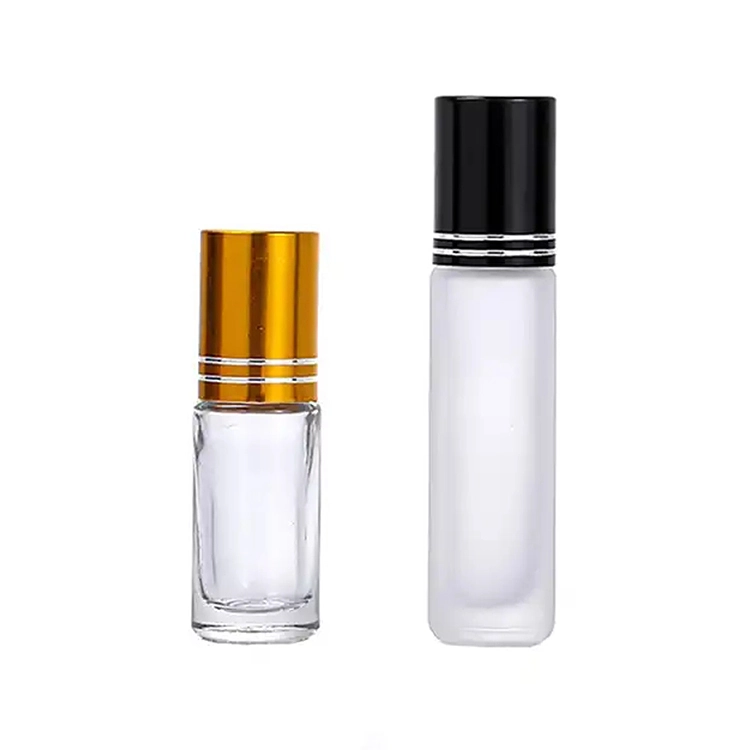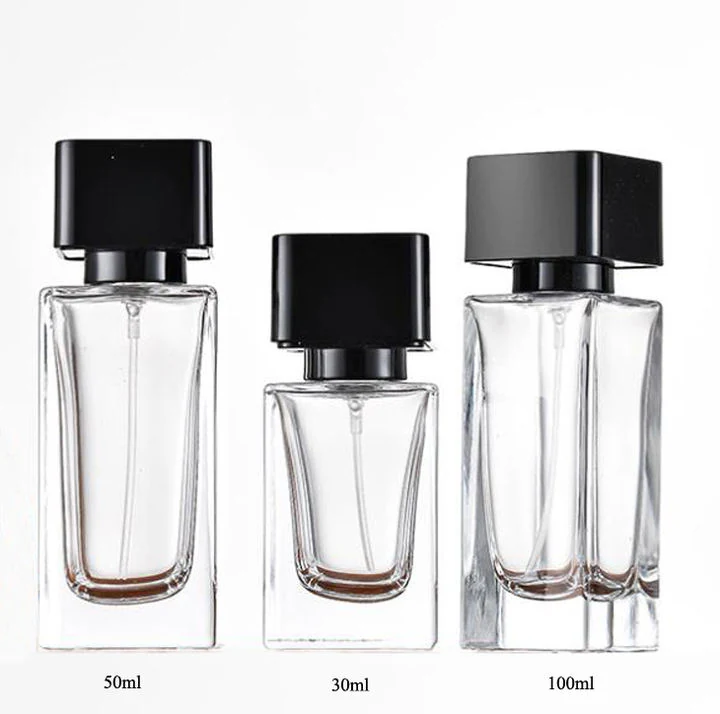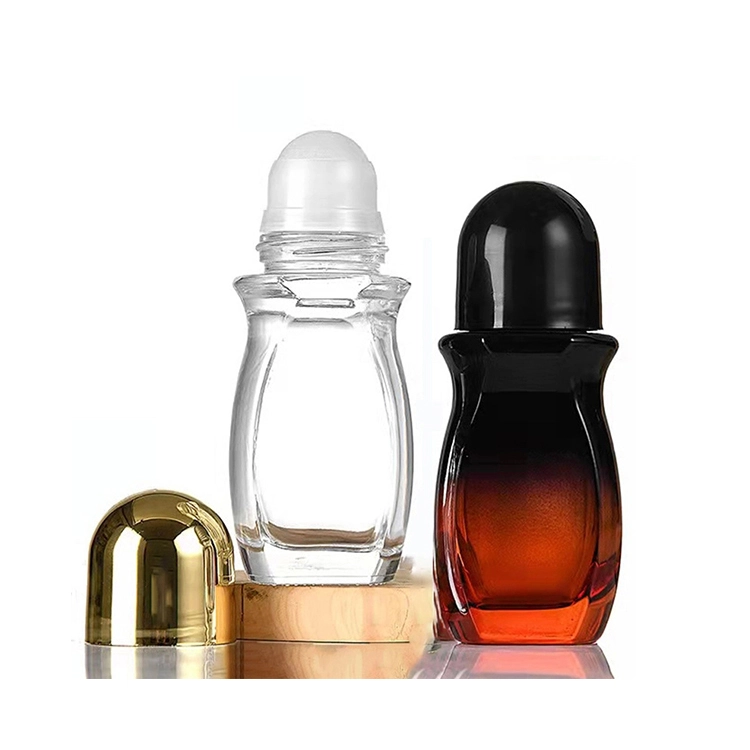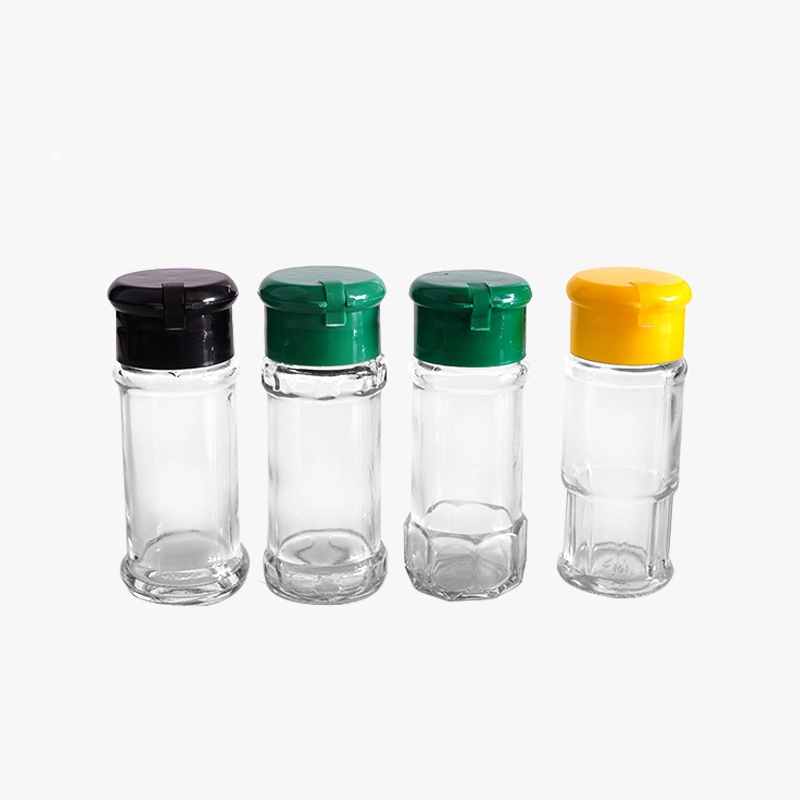
Part 1: Market Size and Growth
The Maldives has a modest but important glass bottle market, driven largely by its thriving tourism industry. Hotels, resorts, and restaurants prefer glass packaging for beverages like beer, wine, spirits, and mineral water. Premium presentation and sustainability are key to meeting tourist expectations.
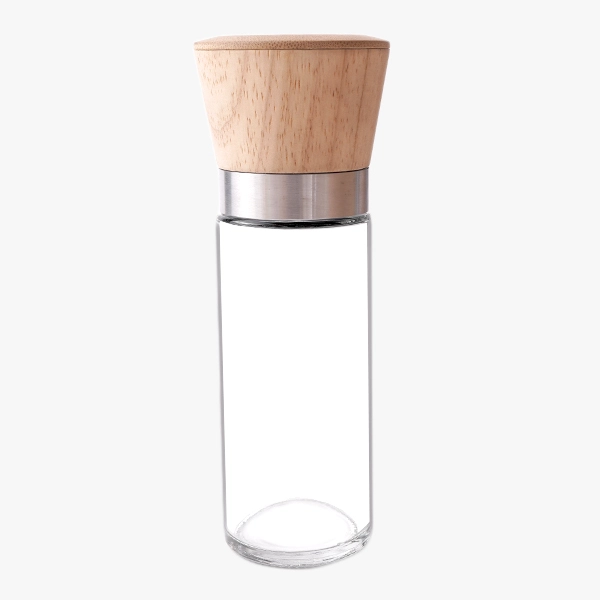
Most glass bottles in the Maldives are imported from India, Sri Lanka, and the Middle East, as there is no large-scale domestic glass production. Local businesses focus on bottling and branding while sourcing containers abroad. This reliance on imports makes trade and logistics vital.
The Maldives is highly focused on sustainability, given its vulnerability to climate change. Glass bottles are seen as eco-friendly, reusable, and aligned with the country’s eco-tourism identity.
Part 2: Leading Companies
Maldives Breweries and Beverage Importers
While the Maldives does not have large domestic breweries, international beer and beverage brands dominate the market. Imported glass bottles are distributed through authorized suppliers to resorts and retail outlets.
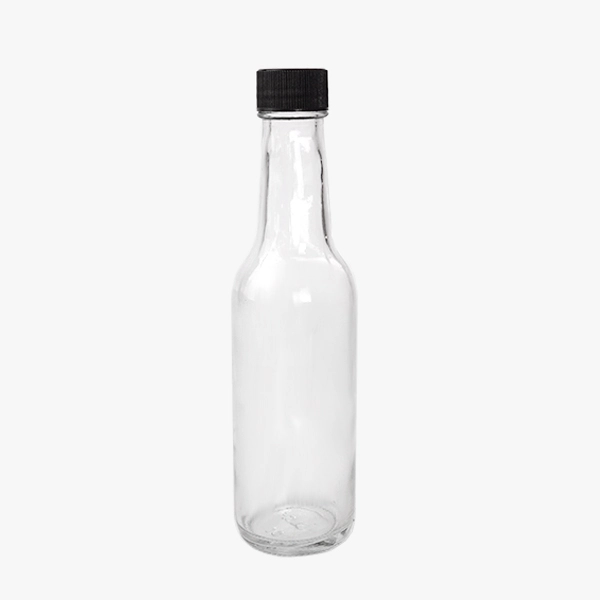
Products include beer bottles, wine bottles, and soda bottles. Glass is essential for premium hospitality experiences.
Authorized importers adhere to strict government licensing and quality standards.
Island Spirits and Distilleries
The Maldives has small-scale spirits producers and bottlers who package rum, liqueurs, and infused beverages in glass bottles. These are primarily targeted at the tourism industry and select export markets.
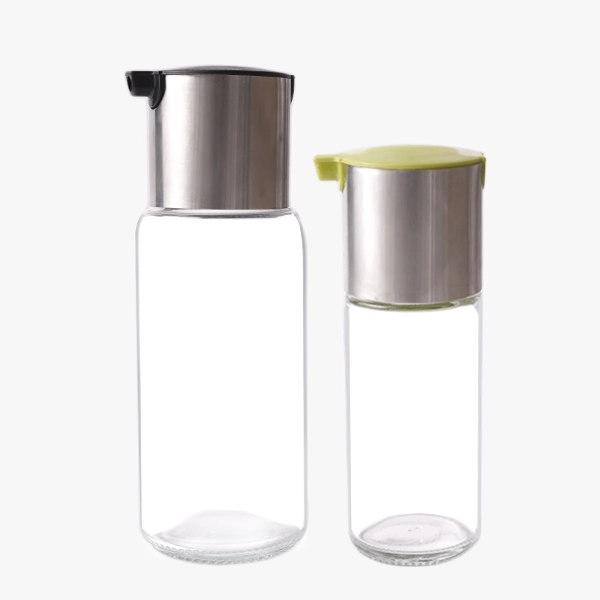
Products include rum bottles, cocktail mixers, and specialty liqueurs. Glass enhances authenticity and premium branding.
Producers comply with hospitality standards and international export certifications.
Agro-Food and Specialty Producers
Agro-food businesses in the Maldives use glass bottles for sauces, herbal tonics, and specialty beverages like coconut syrup. These products are popular with tourists and serve niche international markets.
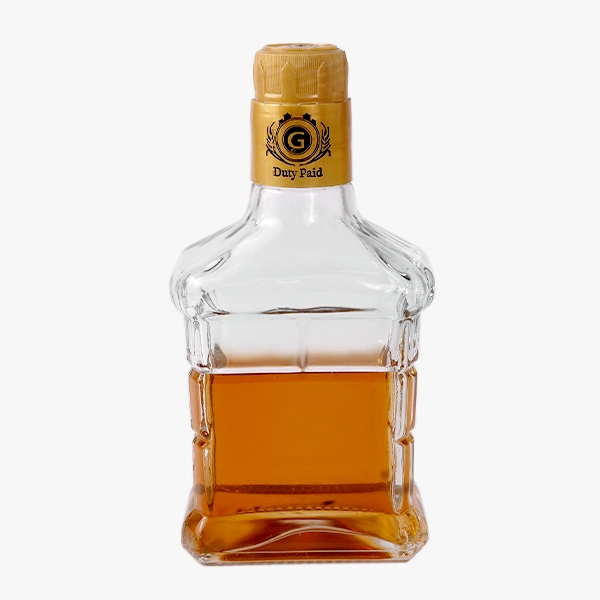
Products include hot sauce bottles, coconut syrup jars, and honey containers. Glass packaging preserves product quality and adds export value.
Many source glass containers from India or Sri Lanka and customize labels locally.
| Company | Founded | Core Products | Industries | Certifications |
|---|---|---|---|---|
| Beverage Importers & Distributors | 20th century | Beer, wine, soda bottles | Tourism, retail | Government Licensing Standards |
| Island Spirits & Distilleries | 21st century | Rum bottles, cocktail bottles | Spirits, hospitality | Export & Hospitality Certifications |
| Agro-Food Producers | 21st century | Sauces, syrups, honey jars | Agro-food, tourism | Food Safety Standards |
Part 3: Trade Shows and Industry Events
Hotel Asia Exhibition & International Culinary Challenge
Hotel Asia is one of the Maldives’ leading hospitality and food exhibitions. It showcases beverages, food packaging, and catering supplies, including glass bottles for premium products. It is a vital platform for suppliers to connect with resorts.
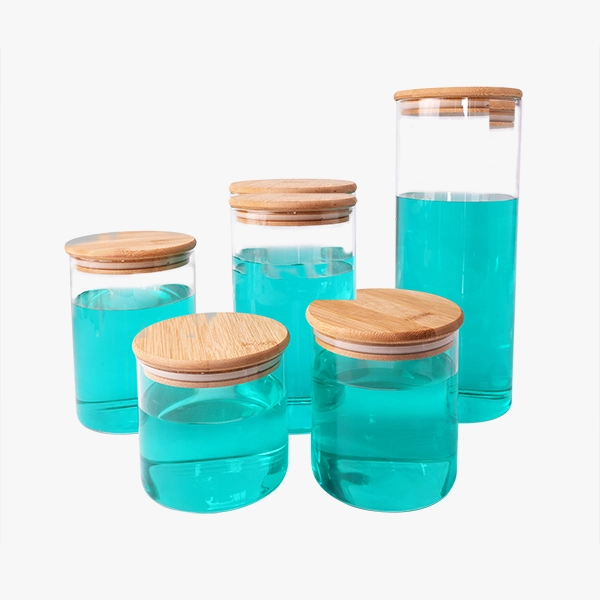
Held annually in Malé, the event emphasizes sustainability, premium branding, and innovative packaging.
Food & Hospitality Asia Maldives (FHAM)
FHAM is another major event for the hospitality industry, featuring beverages, packaging, and culinary innovations. Glass bottles are highlighted as part of premium and eco-friendly packaging solutions.
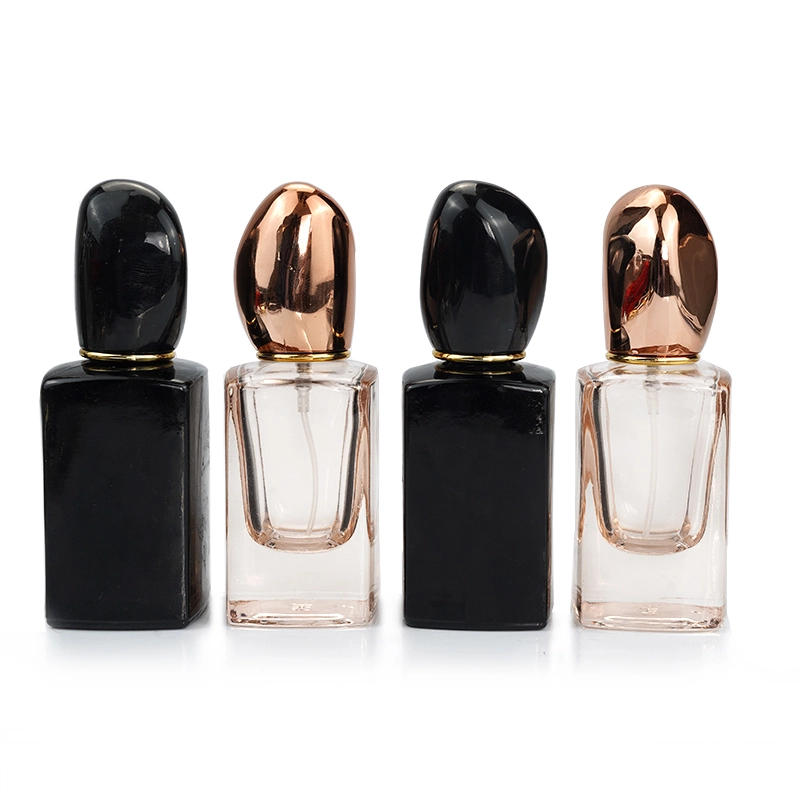
The event attracts international exhibitors and resort buyers, with a focus on luxury tourism and sustainable packaging practices.
| Event | Date | Location | Highlights |
|---|---|---|---|
| Hotel Asia Expo & Culinary Challenge | Annual | Malé, Maldives | Premium beverage packaging, sustainability |
| Food & Hospitality Asia Maldives (FHAM) | Annual | Malé, Maldives | Glass packaging, eco-friendly solutions |
Part 4: Impact of Global Trade Policies
The Maldives imports nearly all of its glass bottles, making international trade agreements crucial. Shipping costs, customs tariffs, and global freight fluctuations directly impact bottle availability. This reliance creates vulnerabilities in the supply chain.
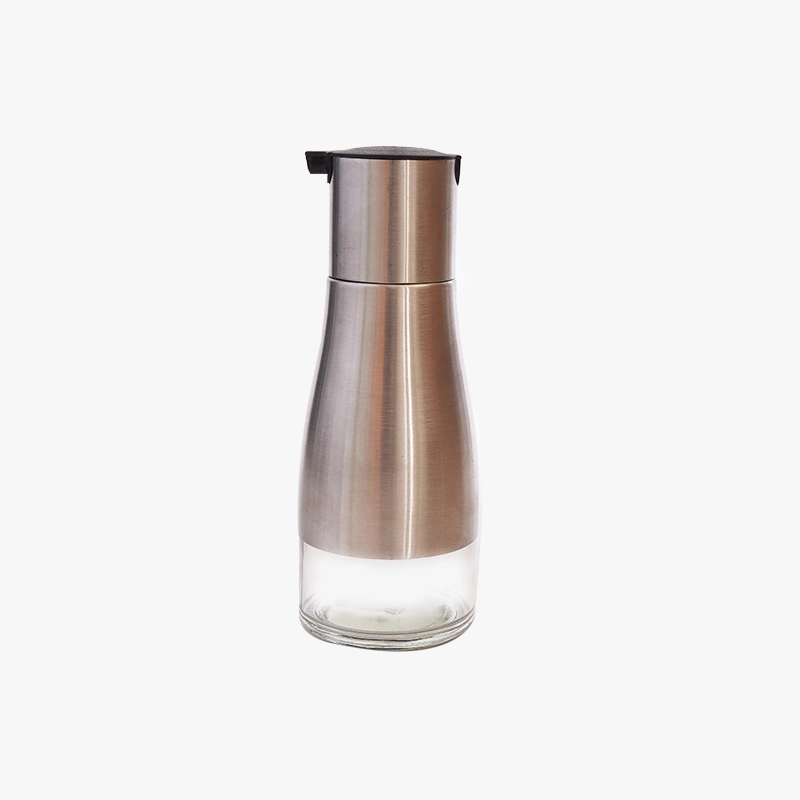
The country benefits from trade ties with India, Sri Lanka, and GCC countries, which reduce lead times and costs. Strong regional supply networks are essential for reliable imports.
Sustainability and eco-tourism policies also encourage resorts and producers to favor recyclable packaging. By adopting these practices, Maldivian companies align with global trends and strengthen their market appeal.
Part 5: Conclusion
The Maldives’ glass bottle market is sustained by beverage importers, spirits bottlers, and agro-food producers. Tourism, exports, and eco-friendly packaging drive strong demand.
Challenges include total reliance on imports, high shipping costs, and limited recycling infrastructure. The industry’s future will depend on regional partnerships, eco-friendly practices, and premium packaging for luxury hospitality.
Recommended Reading:
- Glass Bottle Manufacturers in Malawi
- Glass Bottle Manufacturers in Luxembourg
- Glass Bottle Manufacturers in Liechtenstein
- Glass Bottle Manufacturers in Vietnam
- Glass Bottle Manufacturers in Liberia
- Glass Bottle Manufacturers in Laos
- Glass Bottle Manufacturers in Kyrgyzstan
- Glass Bottle Manufacturers in Kazakhstan
350ml 530ml 750ml Amber Glass Beer Bottle with Crown Cap
Glass Bottle Manufacturers in Turkmenistan
Magnetic Perfume Caps
Matte Black Perfume Bottle 30ml 50ml 100ml

